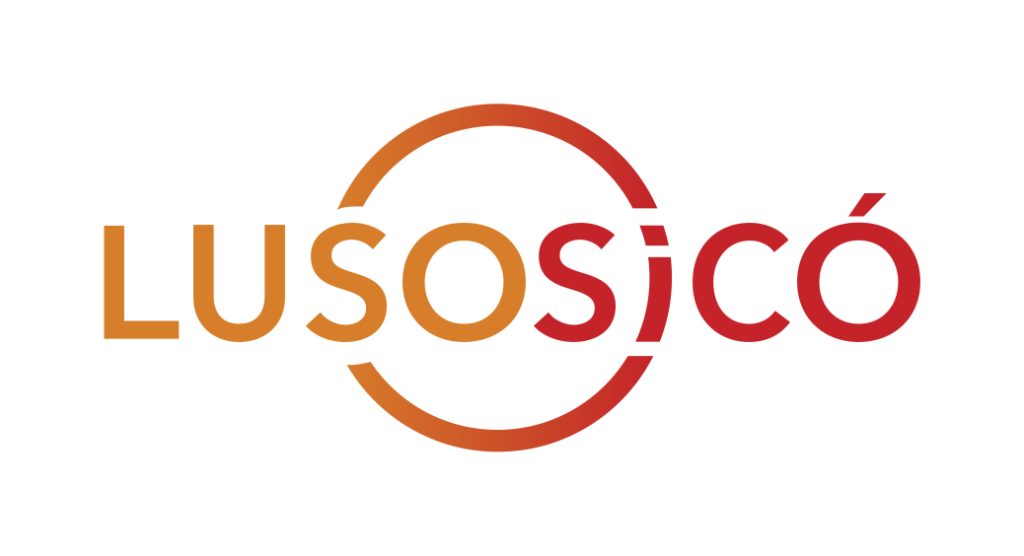The Maturation of Google Search: From Keywords to AI-Powered Answers
Debuting in its 1998 rollout, Google Search has transformed from a fundamental keyword finder into a robust, AI-driven answer machine. At launch, Google’s triumph was PageRank, which positioned pages through the standard and number of inbound links. This changed the web away from keyword stuffing in the direction of content that garnered trust and citations.
As the internet enlarged and mobile devices expanded, search patterns changed. Google launched universal search to blend results (headlines, photos, clips) and later stressed mobile-first indexing to depict how people actually view. Voice queries with Google Now and thereafter Google Assistant motivated the system to make sense of dialogue-based, context-rich questions as opposed to clipped keyword sequences.
The next breakthrough was machine learning. With RankBrain, Google got underway with deciphering before unencountered queries and user intent. BERT refined this by absorbing the delicacy of natural language—relationship words, background, and interdependencies between words—so results more reliably mirrored what people signified, not just what they submitted. MUM enlarged understanding encompassing languages and representations, facilitating the engine to integrate linked ideas and media types in more elaborate ways.
Presently, generative AI is reinventing the results page. Initiatives like AI Overviews compile information from numerous sources to deliver streamlined, contextual answers, frequently paired with citations and downstream suggestions. This lessens the need to visit countless links to construct an understanding, while at the same time conducting users to more in-depth resources when they aim to explore.
For users, this revolution signifies more rapid, more targeted answers. For contributors and businesses, it appreciates quality, originality, and intelligibility above shortcuts. Going forward, forecast search to become ever more multimodal—fluidly combining text, images, and video—and more adaptive, conforming to wishes and tasks. The transition from keywords to AI-powered answers is basically about altering search from detecting pages to producing outcomes.
